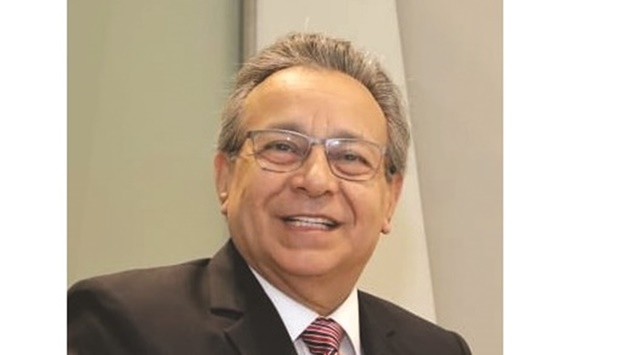Human migration is by definition the movement of humans from one place in the world to another; where the sense of discovery and curiosity emerges within the individual’s mind.
Since the adaptation to change occurred, homo sapiens have changed their habitat, exposing themselves to what this planet has to offer by establishing itself through hundreds and thousands of years in better places with the main aim of coexisting.
This transfer, which was normally done in family groups, had the fundamental objective of exploring destinations where it was easier for them to obtain products for their survival. In a first stage as a collector and in others, as a hunter. The human being (sapiens) was a nomadic being, and always sought to be near rivers or lands with water sources (water well – bir almaa).
However, in current societies, and with the passage of time, migration becomes a phenomenon that occurs with greater intensity, especially in the last decades of our contemporary times.
There is greater development, greater opportunities, better places of life for the migrant and his family. This migration comes in two forms:
Emigration, understood as leaving a country of origin; and immigration, contrary action; entry to another country called receiving country characterised by abandoning a residence.
This transfer occurs for voluntary or forced reasons, when there is a desire to improve and search for opportunities elsewhere; and the second when the situation becomes unbearable to live. This emigration occurs when there are dangers to their survival, mainly when internal or international conflicts arise.
It is also worth mentioning migrations for work reasons, family union, and education, among others.
There are also cultural aspects (uses, customs and language) to identify a place for a new destination, however I believe that the economic aspect is relevant in current times: though that characteristics we can combined in the complex aspects that entails living in a place which later becomes something of its own over time.
Many scholars on migration agree on the existence of a time of adaptation to a new destination in which the individual and family are assimilated into a new society; and, in this line, they consider that a balanced period of time is several years of stay.
From the experience of our careers, the migrant looks for places where he will meet his compatriots, so that in this way his assimilation into the new society is faster or the permanent life project of returning to the country of origin, many times for multiple reasons.
Another facet worth mentioning is the geographical location chosen for the search for a new residence. Usually, the migrant seeks closeness to the place of origin, since the life project permanently leads him to think of a return upon completion of a stage of life set before leaving.
In the current situation, I consider that the ethnic factor is fading away; we can see large capitals of countries where there is a multi-ethnicity and multiculturalism that properly coexists with the immigrant, because the result of the contribution of the migrant is positive; what we can see in this globalised world.
I think that for the migrant himself there is a challenge of overcoming any inconvenience that the new chosen way of life presents. He is the one who must adapt, sometimes it is not feasible, but we are strong beings and we have all the support that now exists, and with our own rights based on international agreements, and international organisations dedicated to this task such as the United Nations International Labour Organisation (ILO).
Regarding the State of Qatar, I had a unique experience in my career of meeting and visualising a generous people that has received all kinds of emigrants and from innumerable countries. It is like seeing a small world with a variety of nationalities welcomed in the best way.
This transcendent and long history in Qatar leads the migrant to develop as a person and to have opportunities, hopes and aspirations, following the international law on the specific issue of human rights.
A great example of that recognition was the election of Qatar as a Member of the United Nations Human Rights Council (UNHRC) in October 2021 with 182 votes over three years.
On the other hand, it is important to mention the technological advance in communications that in some way help the migrant to remain, if that were the case, virtually with the society left behind, with family and friends. Now everything is possible for a migrant, because we also become for our own as proxies for the achievement of success and a focus of help for those we leave in our countries.
Like any activity oriented towards the full realisation of a person’s objectives; work requires effort, perseverance, dedication, strength, identification and passion; with this we will have what we have proposed. Obviously, not everything will be feasible, because in this entire spectrum of life there are vicissitudes, certain barriers, but they pass and leave a stronghold in our personality.
These human displacements, I think, enrich our global society. Therefore, countries that generously receive migrants deserve to be recognised as we have appreciated here and selflessly and humanely in a small but great country, the State of Qatar.

Jose Benzaquen
